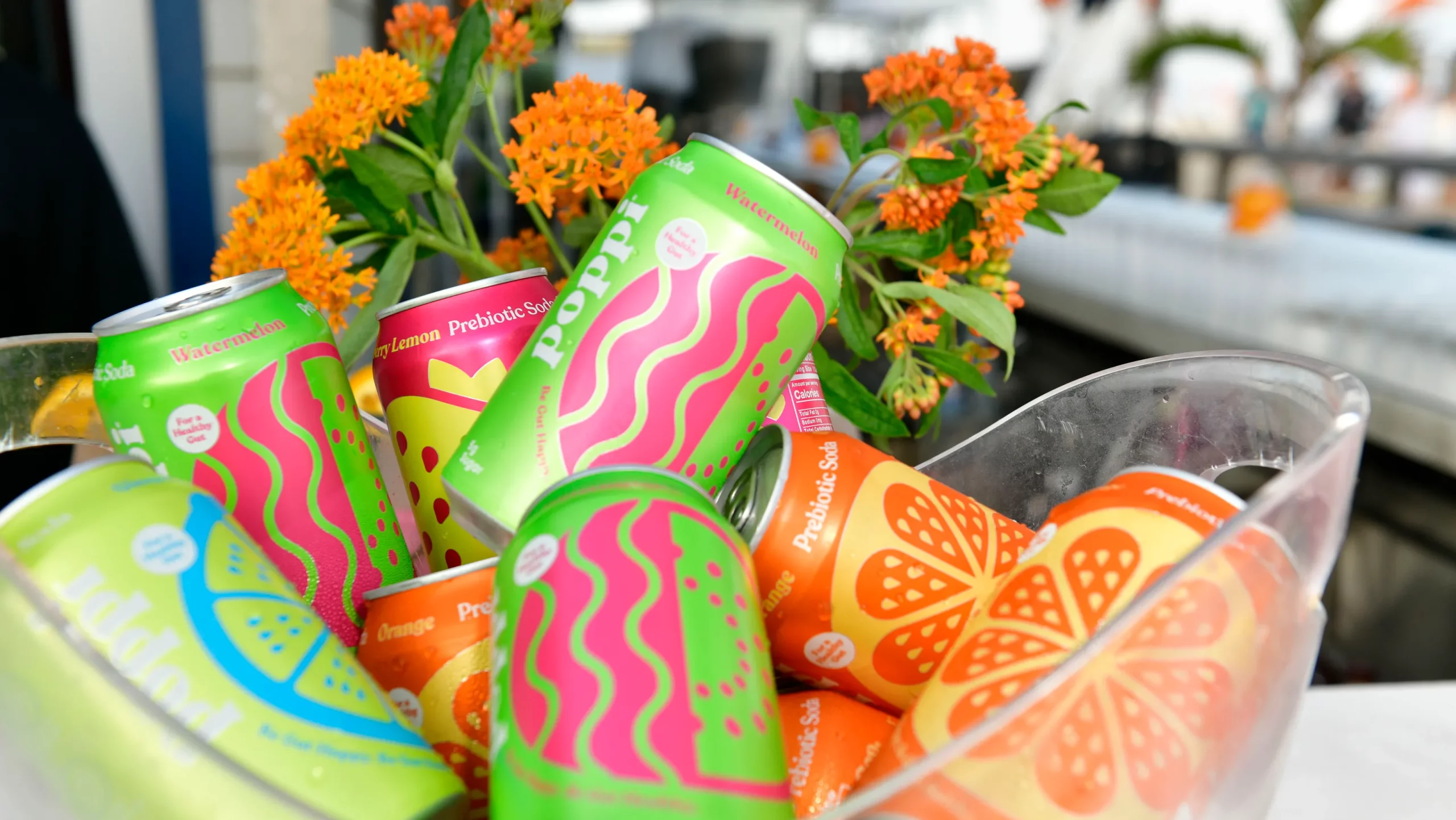Prebiotic sodas like Poppi, Olipop, and Culture Pop are gaining popularity as healthier alternatives to traditional soft drinks. Dietitians agree that these sodas are better options than regular sodas due to their lower sugar content and reduced caloric density. However, the health benefits, particularly concerning gut health, are still under scrutiny.

Comparing Prebiotic and Traditional Sodas
Traditional sodas like Coke and Sprite are laden with added sugars and calories, which contribute to various health issues. In contrast, prebiotic sodas are marketed as healthier options for those seeking a bubbly, sweet beverage without a high sugar content. Jessica Alfano, a clinical dietitian at Huntington Hospital in New York, notes that while prebiotic sodas are a better choice for soda enthusiasts, their gut-healing benefits are limited. “It’s certainly a healthier alternative to soda for people who are looking for a bubbly and sweet drink and don’t want to completely give up their soda intake,” Alfano told USA TODAY. However, she cautioned that these sodas are unlikely to provide significant benefits for gut health.
The Limitations of Prebiotic Sodas
The minimal amount of prebiotics in these sodas has led to skepticism. Kristin Cobbs, a consumer from San Francisco, filed a class-action lawsuit against Poppi, claiming she wouldn’t have purchased the drinks had she known they contained only two grams of prebiotic fiber. This highlights the need for transparency regarding the actual prebiotic content in these beverages.
Alfano agrees that companies should disclose this information but urges consumers to remain realistic about such products. “These prebiotic sodas might be promising better gut health, but we need to remember it is a soda at the end of the day,” she said. Alfano recommends obtaining the necessary prebiotics, about five grams per day, from natural sources like kimchi, sauerkraut, fermented pickles, fruits, and vegetables. Kombucha and smoothies are other viable alternatives, though they can be high in sugar.
Understanding Prebiotics and Probiotics
Probiotics and prebiotics play crucial roles in maintaining gut health. Bonnie Taub-Dix, a registered dietitian nutritionist, explains that probiotics are beneficial bacteria, while prebiotics are the food that sustains them. Postbiotics, on the other hand, are the waste products left after the body digests prebiotics and probiotics.
“(Probiotics) just kind of make sure our gut has all the good bacteria we need in it,” Alfano explained. Poor gut health is linked to diseases like irritable bowel syndrome, making the balance of these elements crucial. Despite the benefits, the medical community is still researching the optimal intake levels of prebiotics and probiotics. Some individuals may be sensitive to ingredients like chicory root, Jerusalem artichoke, or inulin, which can cause gastrointestinal discomfort.

Prebiotic sodas, such as Poppi, often contain a mix of agave inulin, apple cider vinegar, and fruit juice. The lack of specified prebiotic content isn’t necessarily a deliberate omission but rather reflects a general lack of consensus on the appropriate amounts needed for health benefits. Ultimately, while prebiotic sodas may offer some advantages over traditional sodas, they should not be relied upon as a cure-all for gut health issues. Consumers should be aware of their limitations and consider incorporating a variety of fiber-rich foods into their diet to maintain optimal gut health.
